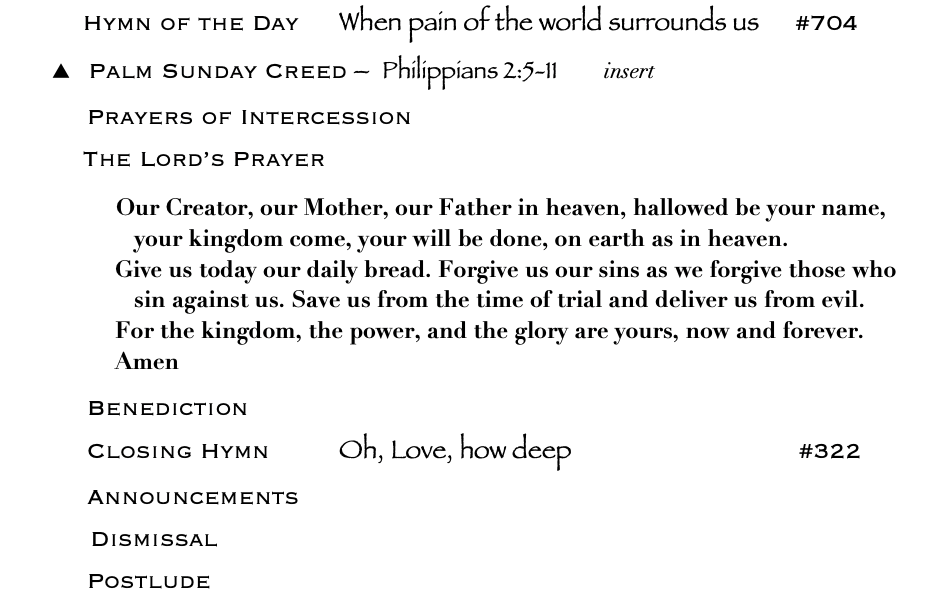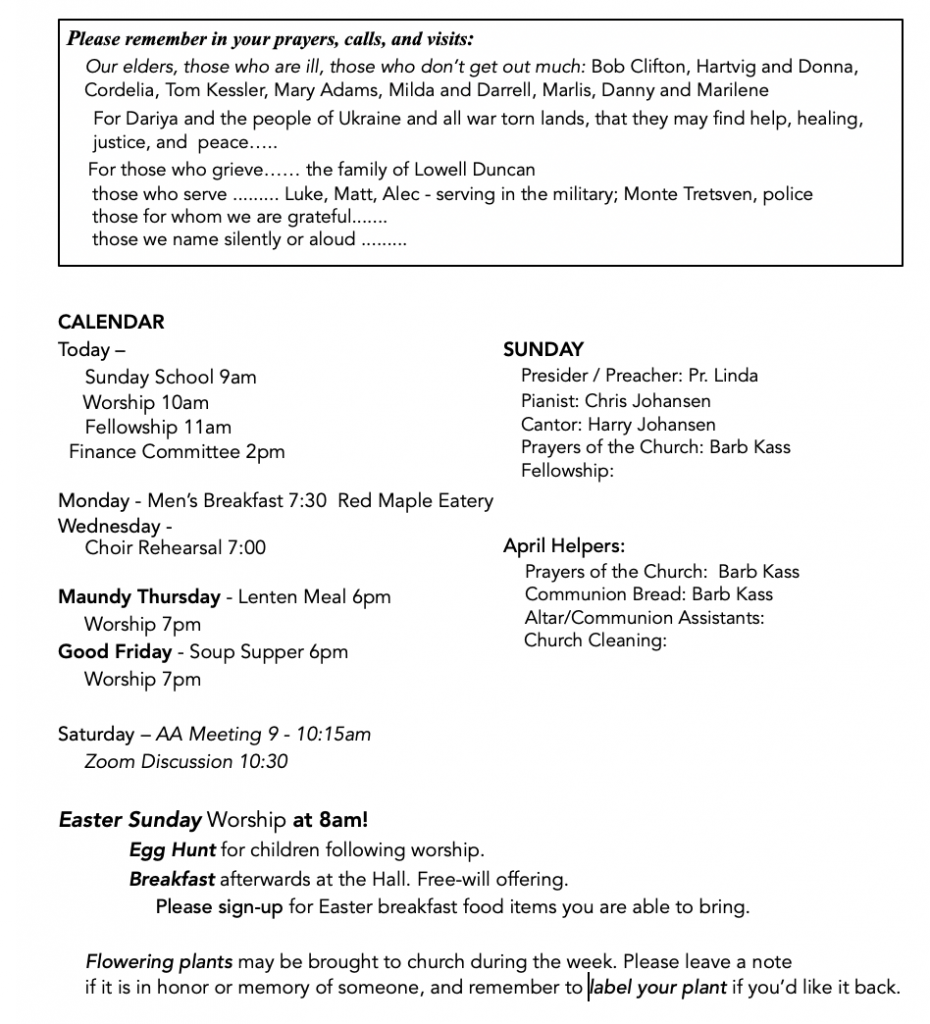Audio Recording
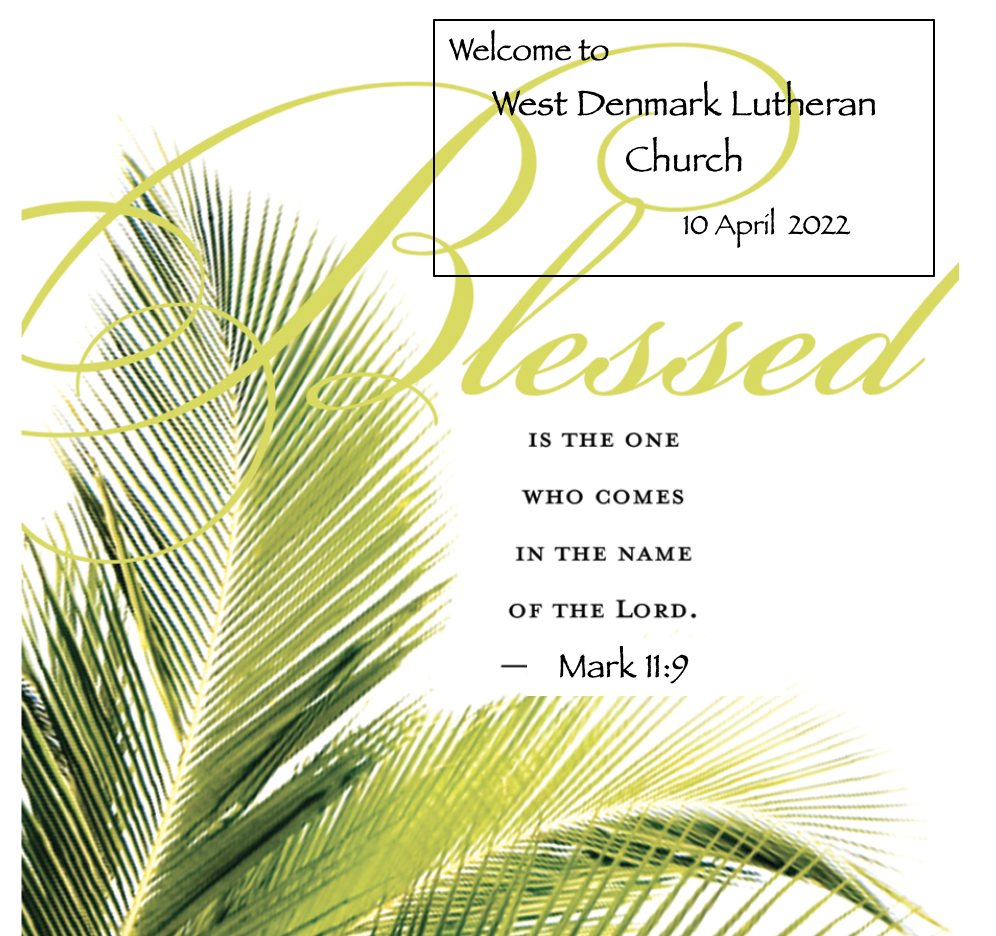
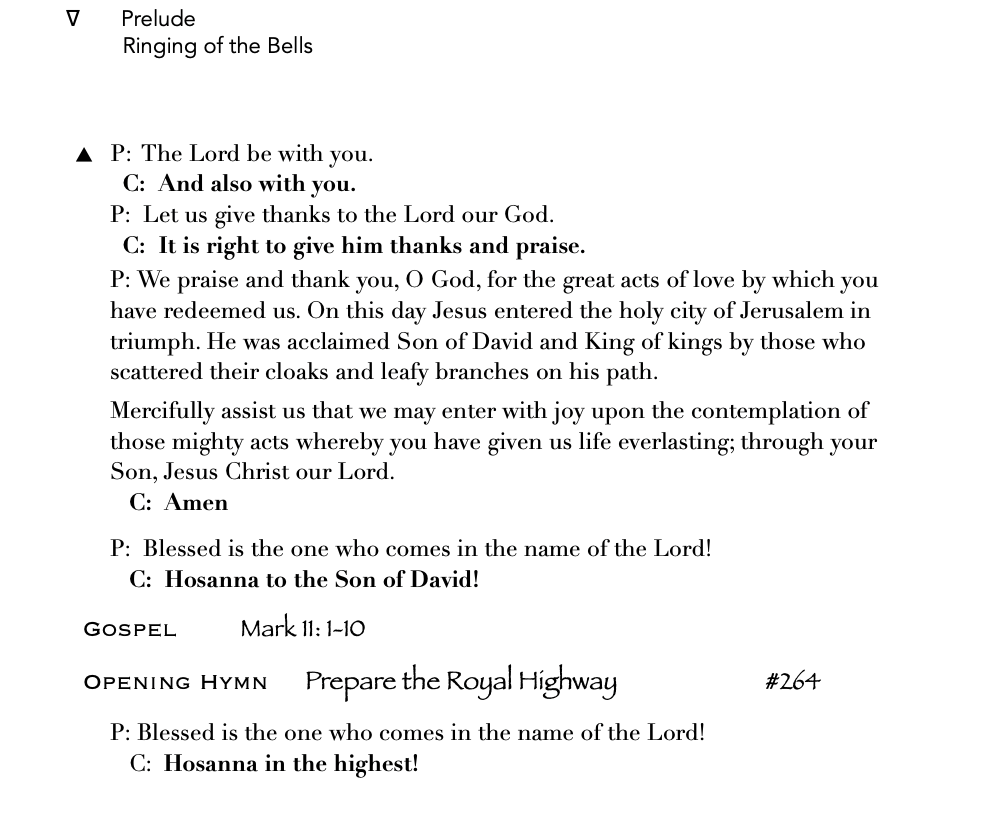
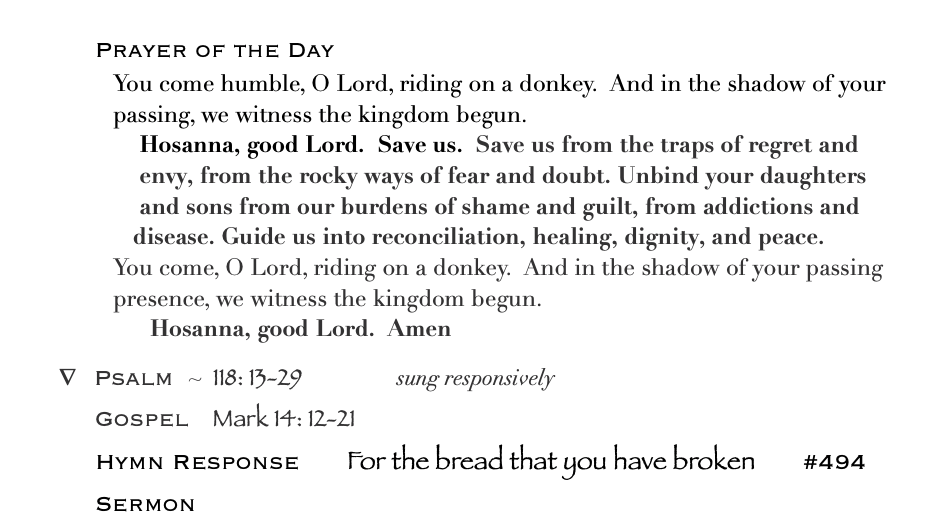
Mark 14:12-21
On the first day of Unleavened Bread, when the Passover lamb is sacrificed, his disciples said to him, ‘Where do you want us to go and make the preparations for you to eat the Passover?’ 13So he sent two of his disciples, saying to them, ‘Go into the city, and a man carrying a jar of water will meet you; follow him, 14and wherever he enters, say to the owner of the house, “The Teacher asks, Where is my guest room where I may eat the Passover with my disciples?” 15He will show you a large room upstairs, furnished and ready. Make preparations for us there.’ 16So the disciples set out and went to the city, and found everything as he had told them; and they prepared the Passover meal.
17 When it was evening, he came with the twelve. 18And when they had taken their places and were eating, Jesus said, ‘Truly I tell you, one of you will betray me, one who is eating with me.’ 19They began to be distressed and to say to him one after another, ‘Surely, not I?’ 20He said to them, ‘It is one of the twelve, one who is dipping bread into the bowl with me. 21For the Son of Man goes as it is written of him, but woe to that one by whom the Son of Man is betrayed! It would have been better for that one not to have been born.’
It’s believed that the gospel of Mark was written about 35 years after the events of this Passover night took place. It was the first of the four gospels to be written, but it’s helpful to remember that all of Paul’s activity, and his letters to the small Christian communities he helped form, that all came first.
In fact, by the time the gospel of Mark was written, Peter, and Jesus’ brother James, and the apostle Paul have all been killed – probably under the persecution of Nero. The precise date and author of Mark are unknown, but scholars’ consensus is that this gospel was likely written during the Jewish-Roman war that lasted from 66 to 74 AD. The final Jewish revolt perpetrated by the Zealots called down the military power and brutality of Rome. The temple and Jerusalem are either in ruins or are in their final days when Mark writes. So, even though the narration is in present tense bringing us into the story taking place around us, it is written with the knowledge and perspective of later realities of the war and the ongoing persecution of early Christians both by Jewish leaders and Rome. The urgency of the gospel was very real for the author and community of Mark. They believed that the end was near.
As a consequence of persecution and the passage of more than three decades, the eye-witness accounts and first hand experiences of those who actually knew Jesus have, by this time, become stories that are told, taught, and circulated as a way of remembering Jesus’ life and his teaching, as a way of making sense of his shameful death, but also, and more importantly to the author, as a way of passing along the communities’ conviction that Jesus is who he finally said he was. The secret that he scolded and hushed up came out in the end. We will read his trial before the chief priests on Thursday, and will hear Jesus finally say, “I am. I am the Messiah, the Son of the Blessed One.” That confession, coming at the end of Mark’s carefully crafted tale, is the revelation that should clarify the story. Finally, the insider perspective with which we as readers have been privileged is spoken into the character’s world. The mounting suspense and dissonance and secrecy and hostility will meet at point zero. Well, it almost happens.
I actually don’t like to read the whole gospel. I suppose it’s funny then, that I’m a pastor and spend hours every week reading and writing about them and trying to figure them out. My favorite stories to watch in my free time are British murder mysteries. And I watch the same ones over and over and over again. I rewatch mysteries because I find comfort in knowing what’s coming, in being familiar with the story – there’s a certain companionship in familiar characters. But, I dread getting to this part of the gospel. As we approach it each year I feel it in the pit-of-my-stomach. I just don’t want to read it again. Foreknowledge and repetition that comfort me in British mysteries, don’t help with the gospel. Being familiar with the characters doesn’t help.
The cozy mysteries I enjoy are about detection, and gradual revelation, not the death. We don’t typically feel much for the victim or against the perpetrator; we care about the detectives. Mark, as storyteller, is the detective, giving us clues as we go – both about Jesus’ identity and what will befall him. But there’s no sense of triumph when the truth of each comes out. It’s more like the crossed stars of Romeo and Juliet. In spite of its mysterious nature, the gospel is a tragic love story. The disciples who need to hear Jesus say clearly, ‘I am the Messiah’, aren’t there to hear when he finally does. And the antagonists who force the question, don’t want to know, don’t believe him, and won’t repeat the message. So, the proclamation of good news ends in failure. But, that is jumping ahead to Thursday and Friday.
It was the first day of Unleavened Bread, the day the Passover lamb is sacrificed. The man with the water jug was there as Jesus said he would be. He led them to the master of the house as predicted. The upper room was available and furnished as Jesus said it would be. The meal is cooked. Jesus comes in with the twelve. They take their places, perform the rituals, and begin to eat. It is with this scene at the table that my dread begins.
It’s the intimacy, the sense of family, the expected trustworthiness and closeness of the scene that stays with us. The betrayal from within this close knit, well travelled troupe cuts deep. And it all takes place as Jesus said it would.
He knew Judas would betray him. Jesus knew Peter would, too, in fear for his life. And that the rest of the disciples would run for cover. Jesus knew he was heading into mortal danger alone. Yet he sits calmly at the table, passes bread and dips it – does he watch the others’ hands? Is one hand trembling as it reaches forward? Jesus does not call Judas out as the others question and fuss. He eats with his betrayer anyway. And he loves the faithless, fearful ones anyway.
As tangled and tragic as the storylines are, Mark is still holding a few cards to his chest. There is a lot of Agatha Christie in the gospel. To borrow from her detective Poirot, it’s not what the gospel says, it’s what it says that matters.
There are several threads or themes running through the gospel: Jesus’ foreknowledge is one. Secrecy surrounding his true identity is one. Opposition to Jesus is another – and began with the Herodians in chapter 3. Divine power is another one. Acts of God’s authority and healing power fill the first half of the book and then drop off abruptly. Jesus popularity among the people follows this arc. Meanwhile, opposition swells in the second half.
But from beginning to end, Jesus’ desire is to keep his identity hidden. And who knows what, when, is the captivating bit of detection and line of questioning that we as readers/hearers of the gospel are to discern. Why are secrecy and foreknowledge key to Mark’s story, how do they function? Were they storytelling devices common to the age? Or do they help us make sense of what would otherwise be simply a tragic tale?
My feeling is that this last question is key. Jesus’ ability to predict that a colt would be tied up and available for his ride into Jerusalem, that the disciples would meet a man with a water jar, that Judas would betray him and Peter deny him is not only what the gospel says, but tells us what it is saying.
Jesus predicted his death three times. These other predictions proved to be true. The events unfolded as he said they would. Therefore, his death will happen as he says. And, if that is trustworthy, it means that he goes to his suffering knowingly, intentionally, though not wanting it. And if his death follows the prediction, then so will his rising. That, too, will be trustworthy and true. We as audience have seen it all unfold, we’ve seen the disciples’ failings and are warned that it will get worse, that they are soon to forsake him. We have grave doubts that they have ever understood who he is and what it means to be a follower of the Christ who suffers. But we have seen God’s power aligned with Jesus, working through him, claiming him as God’s own. If no one in the story knows what we know, if the disciples scatter like quail chicks at the first sign of danger, and if even the women who have observed it all from the sidelines remain silent, then who is left with eyes to see or ears to hear? Who is left to tell of the consequence of God’s tender, powerful act of love?
Is it a mystery, or is it elementary, my dear Watson?
